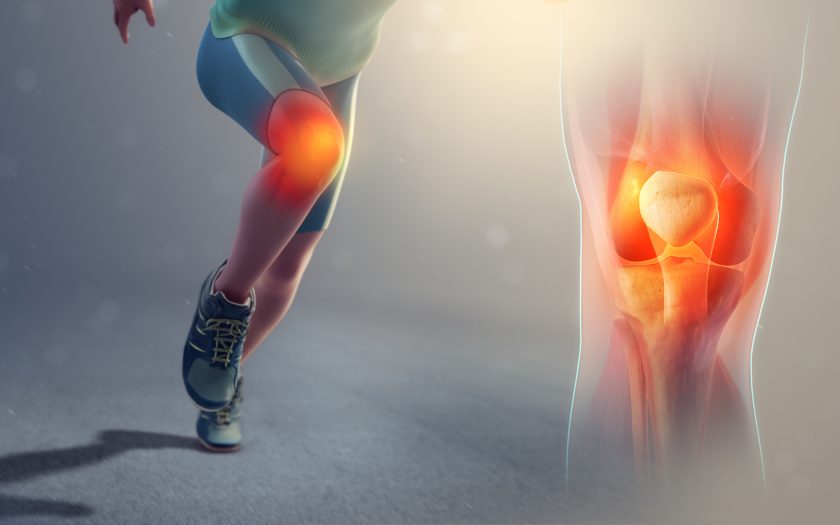Human metabolism functions in such a way that the absorption of some nutrients (including collagen) is impossible without the presence of other special substances in the diet. To improve your arthritis diet, try to balance the vitamin and mineral composition of your menu with the following foods:
- Poultry (chicken, turkey), rabbit, beef, lean pork.
- Eggs (chicken, quail and any other).
- Sea fish (mackerel, herring, tuna, salmon, cod, sardines, and flounder). Fish skin, fins and small bones are especially rich in nutrients. These foods can be eaten, for example, in the form of fish bone soup.
- Legumes (beans, peas, beans, chickpeas and especially lentils). Note that red beans are very nutritious. But for the elderly and those who want to lose weight, it is better to choose white beans – it is easier to digest.
- Dairy products. The diet of a patient with arthritis should include daily milk, kefir, cheese, fermented milk, as well as yogurt without sweeteners.
- Vegetables and greens. Especially useful are spinach, celery, bell peppers, broccoli.
- Nuts, seeds and grains. All nuts, without exception, can be eaten daily for osteoarthritis (but do not eat peanuts, because it is not a nut). Pistachios are very useful, but they can be eaten only without salt. It is also recommended to eat flax seeds. It can be added to porridge.
- Fruits and berries. It is most useful to eat seasonal fruits that fully retain their nutritional value. It is also useful to include other fruits in the diet – bananas, pomegranates, pineapples, papaya and avocados.
The most useful berries – blueberries, cherries, cranberries, blackberries – can be stored in the freezer and eaten frozen.
Diet for this disease does not provide strict restrictions. Food is best eaten fresh, steamed or stewed in its own juice. However, do not deny yourself the spices. Some of them (ginger, mustard, red pepper, wasabi, horseradish, turmeric and cloves) have anti-inflammatory and analgesic effects.
It is also necessary to fill the body with antioxidants. They help slow the aging of cartilage, reduce the effects of oxidative stress and protect cell membranes from destruction. The most effective natural antioxidants are beta-carotene, vitamins B, C, E and selenium. In addition to protecting cartilage at the cellular level, they are needed for the following effects:
- to strengthen large blood vessels and capillaries, which improves the nutrition of periarticular tissues;
- to begin active synthesis of healthy connective tissue;
- to reduce pain and inflammation in the joint capsule;
- to prevent further development of the disease in the affected or healthy joints.
Nutrition in osteoarthritis should be rich in natural antioxidants and bioflavonoids. The following products will help:
- Berries: blueberries, cranberries, blackberries, grapes (especially grape seeds), rowan (red and chokeberry), dog rose, black and red currants, pomegranate.
- Fruits: citrus (and especially their peel), apricots.
- Vegetables: bell peppers, Brussels sprouts, carrots, tomatoes and other yellow and green fruits.
- Animal oils (including fish oil, rich in omega-3 and omega-6 acids), liver.
- Green tea and quality coffee.

